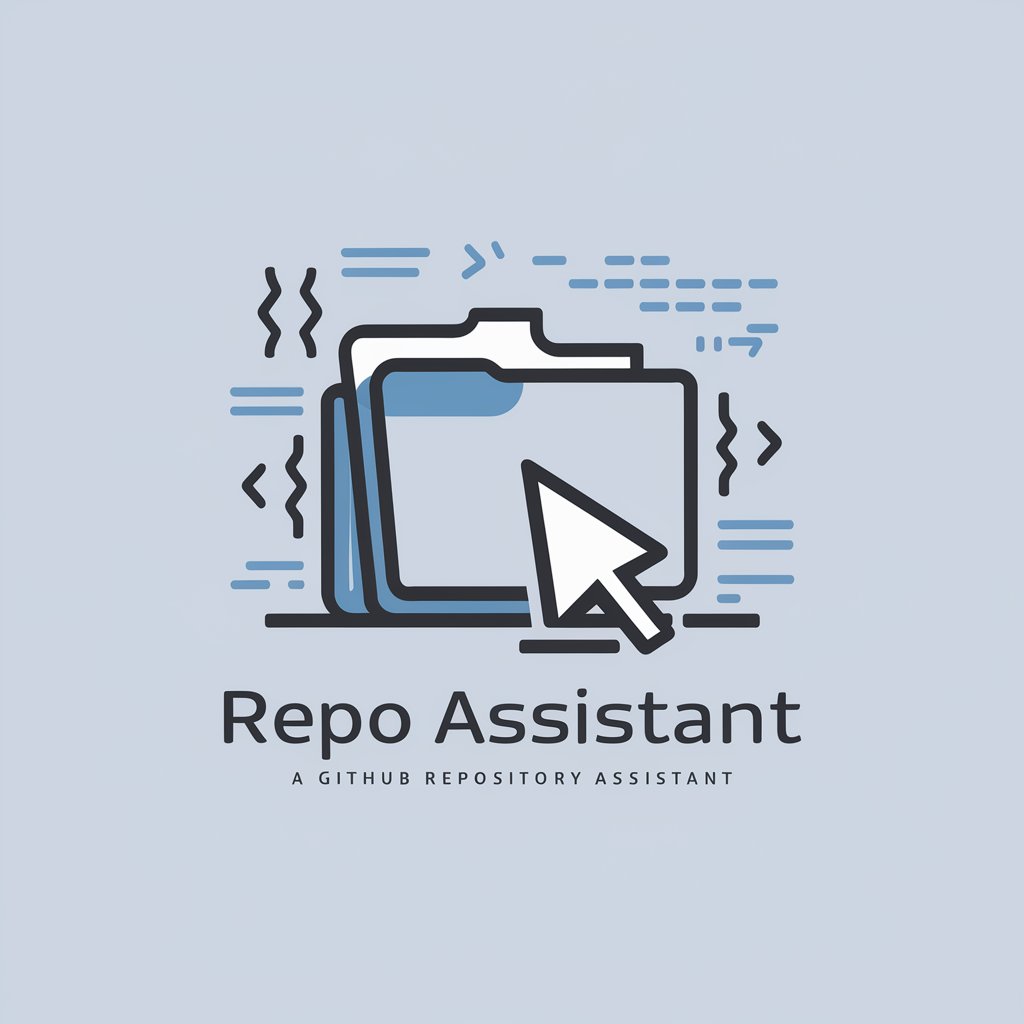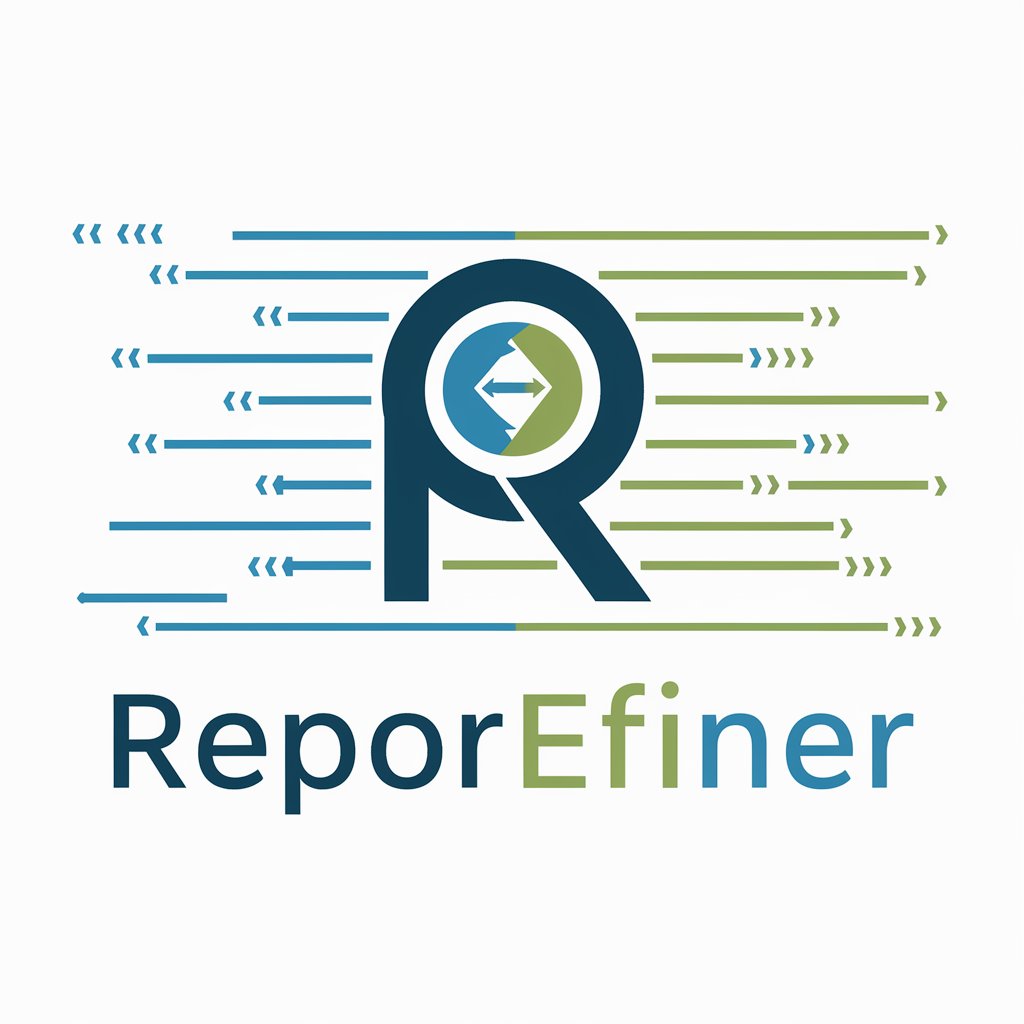
Github Repository Creator - tool for creating GitHub repositories
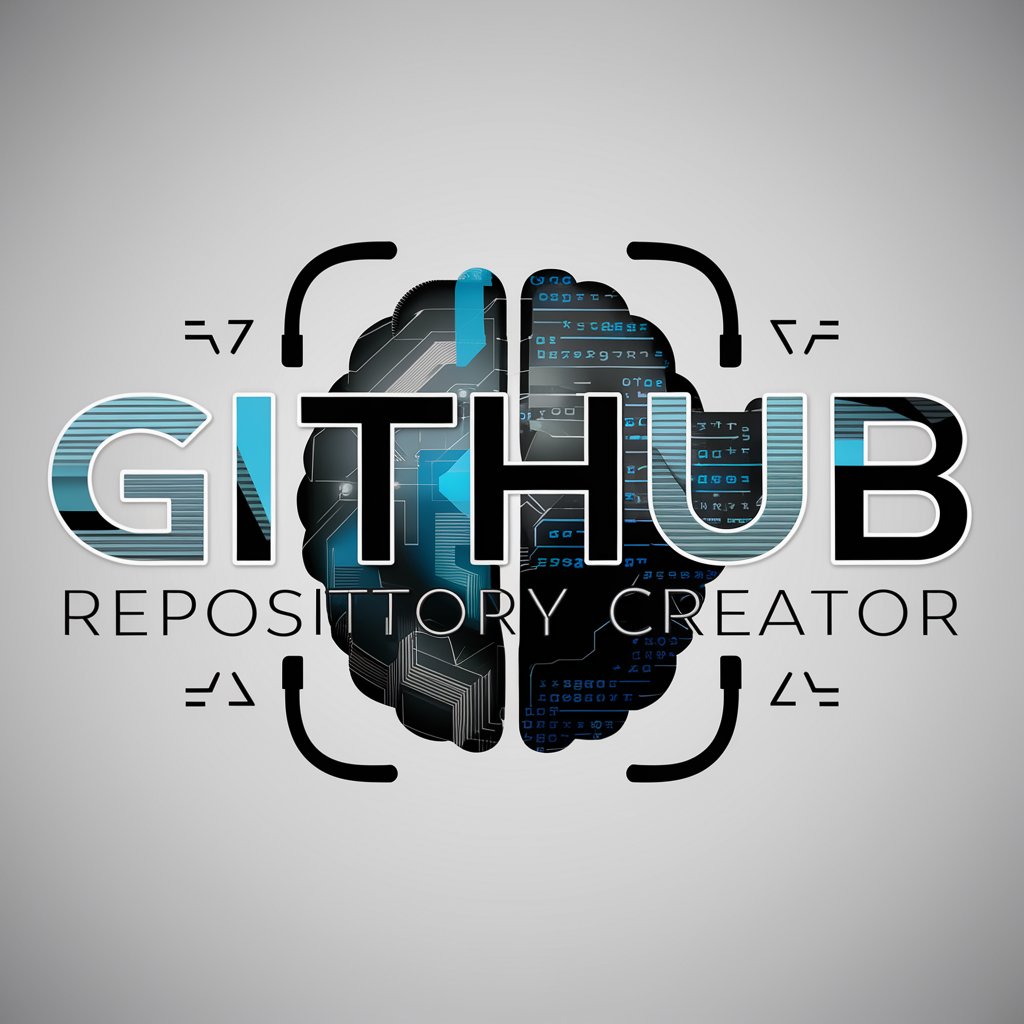
Hello! I'm here to help you create and manage your GitHub repositories efficiently.
AI-driven GitHub Repository Generation
Describe the features of a perfect AI assistant for managing GitHub repositories.
Explain how an AI can enhance the workflow of developers using GitHub.
Outline the key benefits of integrating AI into GitHub repository management.
Discuss the future of AI in the realm of software development and repository management.
Get Embed Code
Understanding Github Repository Creator
Github Repository Creator is a specialized tool designed to streamline the process of managing GitHub repositories. Its primary purpose is to assist developers, project managers, and organizations in creating, organizing, and maintaining repositories more efficiently. Whether you're building open-source software, managing an internal codebase, or setting up collaboration frameworks, Github Repository Creator can automate repetitive tasks and establish best practices within the repository ecosystem. Powered by ChatGPT-4o。

Key Functions of Github Repository Creator
Automated Repository Creation
Example
A software team lead wants to create a new project repository quickly. By leveraging Github Repository Creator, they can automate the setup process, generating the repository, initializing it with a README file, appropriate licensing, and directory structure, all according to preconfigured templates.
Scenario
This is particularly useful for organizations that require consistent repository structures across projects to maintain uniformity and enforce coding standards.
Access Control and Permissions Management
Example
A project manager needs to set specific permissions for developers, testers, and stakeholders across various repositories. Github Repository Creator allows setting access control rules swiftly, assigning appropriate roles to each user and integrating with third-party authentication systems.
Scenario
This function is invaluable for organizations with multiple teams working on different repositories, ensuring that sensitive areas remain protected while providing seamless access to relevant team members.
Repository Backup and Archiving
Example
A development team has several legacy repositories that need to be archived safely while keeping the data accessible if required. Github Repository Creator can schedule periodic backups and archive repositories while ensuring their integrity and availability.
Scenario
Ideal for teams transitioning to new tech stacks or needing long-term storage of old projects for compliance or historical purposes.
Reporting and Analytics
Example
An engineering director needs a consolidated view of all active repositories' status. Github Repository Creator provides detailed reports about contributors, activity levels, and issue tracking metrics to help in resource planning.
Scenario
Useful for management-level insights into repository health and understanding the efficiency of different teams or projects.
Ideal Users for Github Repository Creator
Development Teams
Small to large software development teams who need automated repository management to boost productivity and maintain consistency across projects. They benefit from predefined templates, access controls, and continuous integration setups.
Project Managers
Project managers overseeing multiple development streams. They utilize Github Repository Creator to gain insights into progress, enforce permissions, and generate reports that track repository health and compliance.
IT Administrators
IT administrators focused on compliance and security can use Github Repository Creator to implement secure backup strategies, enforce access rules, and archive legacy repositories.
Open-Source Contributors and Maintainers
Maintainers and contributors of open-source projects who need efficient tools to establish templates, monitor contributions, and control repository access for new collaborators.

How to Use Github Repository Creator
Visit yeschat.ai for a free trial without login, also no need for ChatGPT Plus.
Head to YesChat.ai for a free trial of Github Repository Creator without the need for login or a ChatGPT Plus subscription.
Access Github Repository Creator
Locate the Github Repository Creator tool on the YesChat.ai website.
Enter Repository Details
Provide repository details such as name, description, and any additional settings.
Generate Repository
Click 'Generate Repository' to create the GitHub repository based on the provided details.
Customize Repository
Access the generated repository on GitHub to further customize it according to your requirements.
Try other advanced and practical GPTs
Crypto Bot
Empowering your crypto trading with AI insights.

Text Formatter
Refine your text with AI-powered styles.
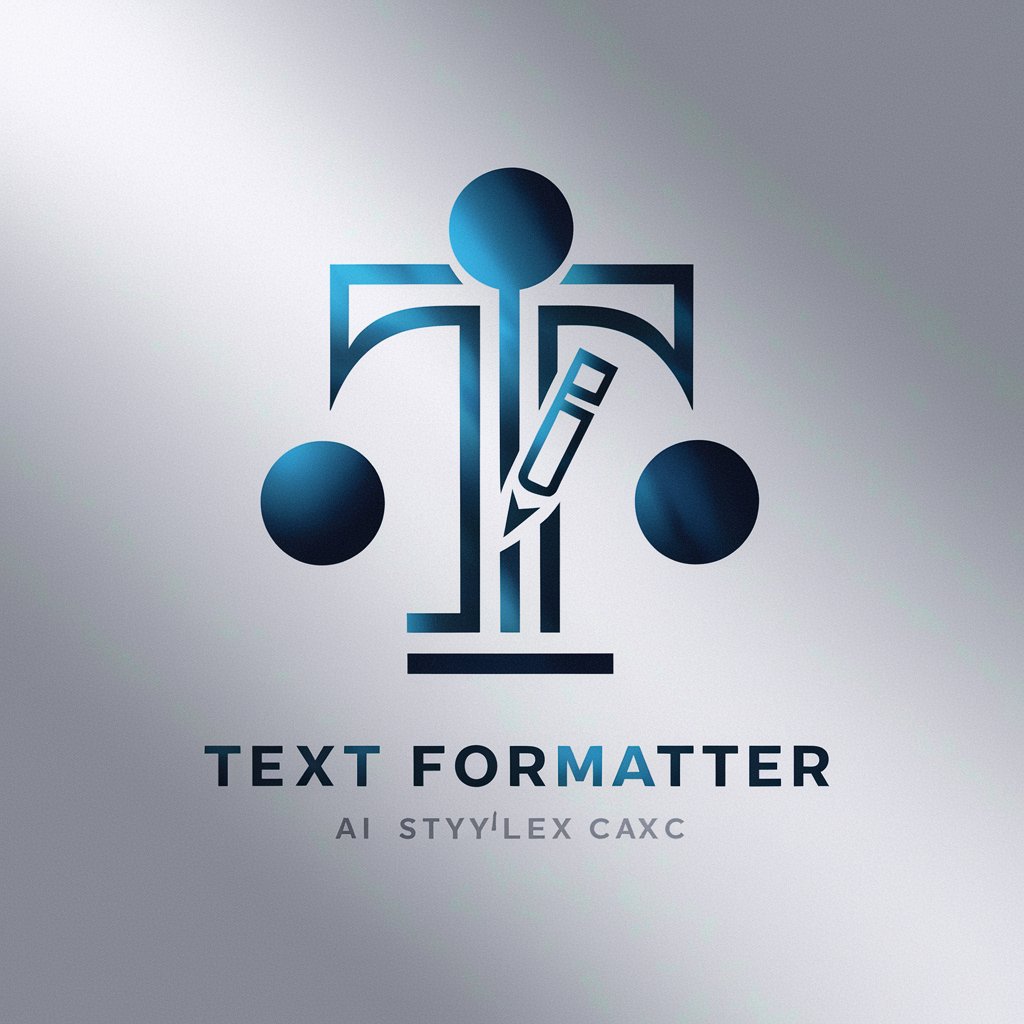
Grocery List Maker
Effortlessly update grocery lists with AI-powered recipe integration.

Habitus Health
Transforming user journeys with AI assistance.
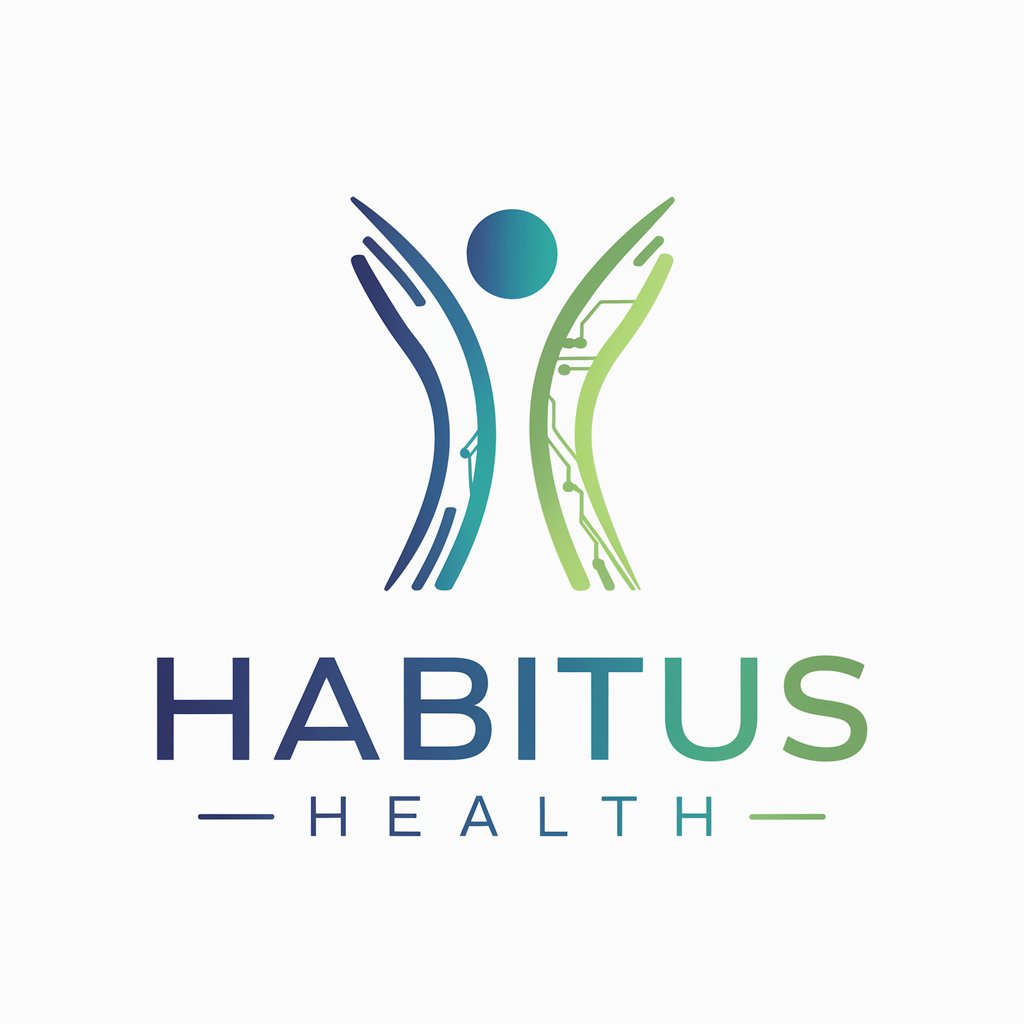
Product Description
Empower Your Store with AI-Powered Descriptions

Self
Empower your conversations with AI intelligence.
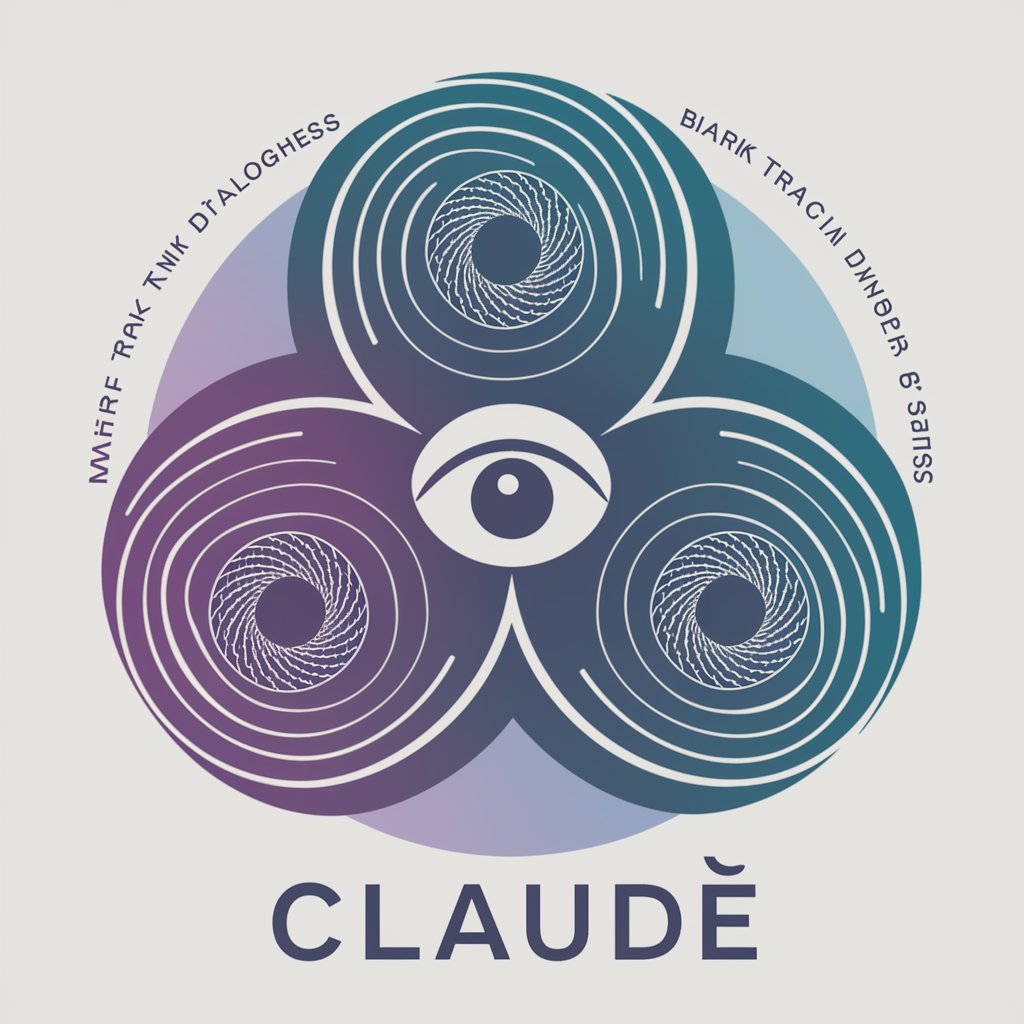
GitHube Copilet
Empowering developers with AI assistance.

Web Browser
Unlock AI-powered web browsing.

Data
Unleash AI power with Data.

Voltage Finance Senior Marketer
Empowering Marketing and Community Engagement with AI

HTML CSS Builder
Transform Designs into Code Instantly

HTML to FlocssSCSS
Transform HTML to SCSS with AI precision.

Github Repository Creator Q&A
What is Github Repository Creator?
Github Repository Creator is a tool offered by YesChat.ai for swiftly generating GitHub repositories using predefined templates and configurations based on user input.
Is Github Repository Creator free to use?
Yes, Github Repository Creator provides a free trial without requiring login or a ChatGPT Plus subscription. Users can access the tool on YesChat.ai and generate repositories without any cost during the trial period.
Can I customize the repositories created by Github Repository Creator?
Certainly! After generating a repository with Github Repository Creator, you can access it on GitHub and customize it further to meet your specific needs, including adding or modifying files, settings, and configurations.
Are there any restrictions on the number of repositories I can generate?
During the trial period, there may be limitations on the number of repositories you can generate. Additionally, subscription plans may impose restrictions on the total number of repositories or available features.
Which programming languages does Github Repository Creator support?
Github Repository Creator supports repositories for various programming languages, such as Python, JavaScript, Java, C++, and Ruby. You can specify your preferred programming language during the repository generation process.
